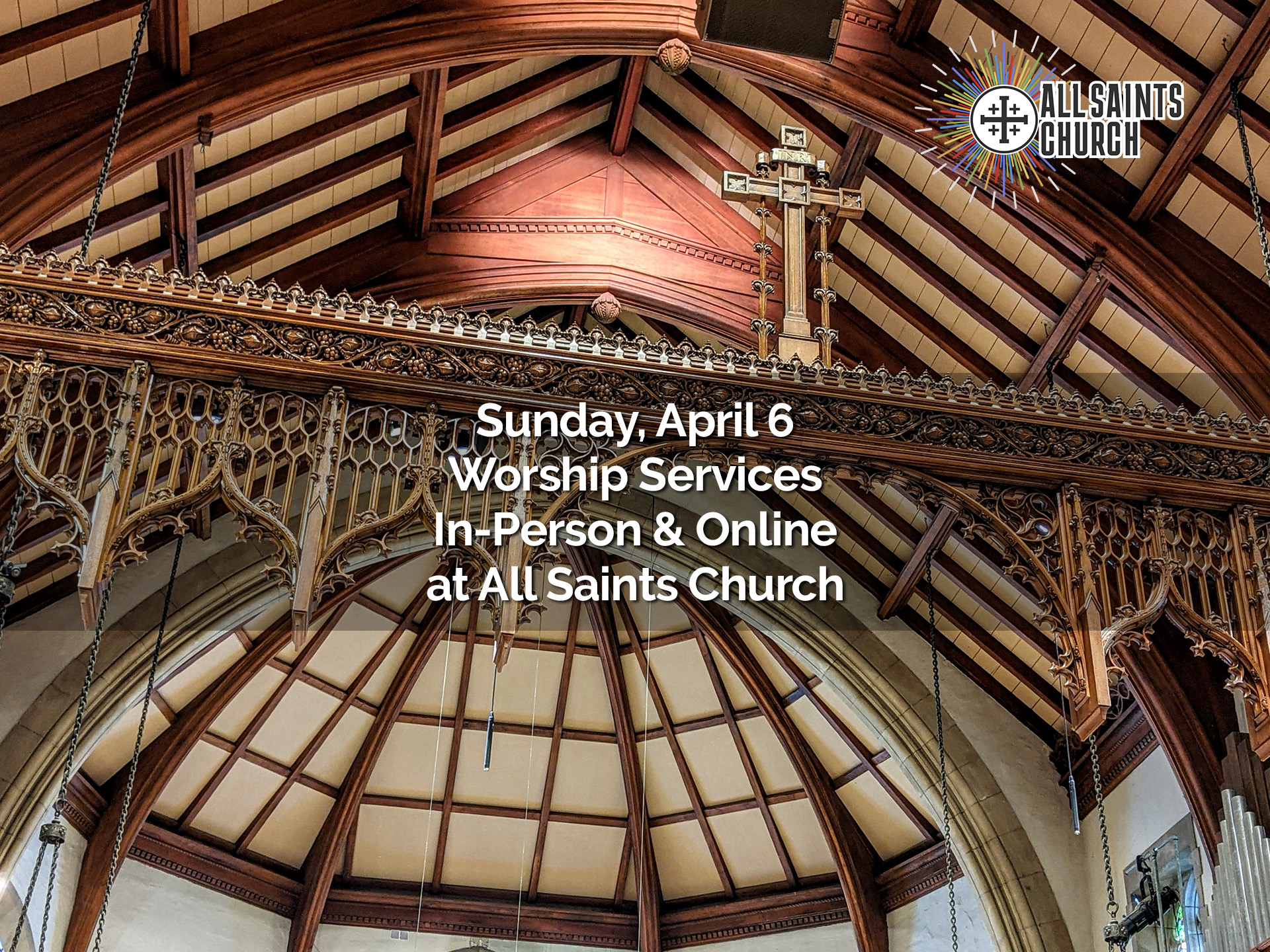The Reverend Starsky Wilson reminded me once that institutions will give you gifts and awards when they want you to sit down and shut up. The hope is we will care more about the adulation and respect than about preaching the subversive, revolutionary Gospel of Jesus Christ.
The point is not to refuse the gift, but to not grant it power over you. The point is to know which God you worship. Whose God you serve.
Because of our unique recent history of being investigated by the IRS, All Saints is one of the first churches that comes to mind when the conversation about churches’ tax exempt status begins. That makes it even more important for us to be clear not only about how the exemption limits us, but how we will let it limit us.
First, what it is. Tax-exempt status for churches goes back to the time of Pharaoh. (There’s a great summary of that history here.) In America, it predates the republic, and currently it only prohibits churches from endorsing or giving aid to candidates for office. Churches are free to take positions on issues or critique office holders without putting this status at risk. (Read the official IRS statement here .)
We can debate whether the purpose of the exemption is support or dilution of the Gospel and other transformative religious narrative. What is more important than the intent is the impact.
The impact is up to us. Each of us and all of us. It centers on those questions:
Which God do you worship? Whose God do you serve?
For we as Christians, it asks us, do we love our tax-exempt status more than we care about preaching the subversive, revolutionary Gospel of Jesus Christ?
Or, as Jesus said in Luke’s Gospel:
“No slave can serve two masters; for a slave will either hate the one and love the other, or be devoted to the one and despise the other. You cannot serve God and wealth.”
There are important conversations to be had about things like the Johnson Amendment and the president’s promise to repeal it — and the effect it would have on expanding the rapidly increasing role of money in politics. It is right for us to have these conversations both in terms of how they would affect communities of faith (mostly in terms of the power of temptation and churches becoming even more subservient to the principalities and powers than they already are) and the nation as a whole.
But we must be clear these conversations are irrelevant to any conversations about the mission of the church. Our tax exemption is a gift but neither the fear of losing it or the prospect of the restriction being lifted and more money flowing in should affect our discernment of and proclamation of the Gospel.
So, Mr. President, you can raise the issue but don’t think you will raise either my anxiety or excitement.
Give us a tax exemption or take it away.
Allow corporations to offer us huge sums of money to endorse a candidate or prohibit it.
Pick any possible outcome of these decisions and my answer as a priest of the church and a follower of Jesus will be the same. It will be the same as it is when anyone — either from within or without the community — tries to impose any agenda other than the living Gospel discerned in community. The same answer Joshua gave when the people of Israel gathered at Shechem to renew the covenant and he reminded them of the choice of gods to worship that was before them.
“Now if you are unwilling to serve the Lord, choose this day whom you will serve, whether the gods your ancestors served in the region beyond the River or the gods of the Amorites in whose land you are living; but as for me and my household, we will serve the Lord.”
Mike Kinman is the Rector of All Saints Church in Pasadena. This is one of series of occasional posts “From the Rector” on issues, ideas and concerns facing our church, our nation and our world. For more information on All Saints Church, visit our website.



